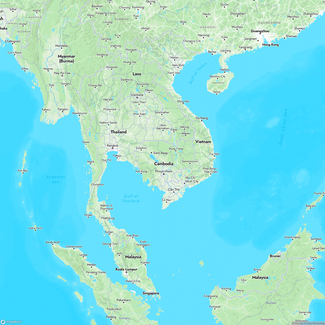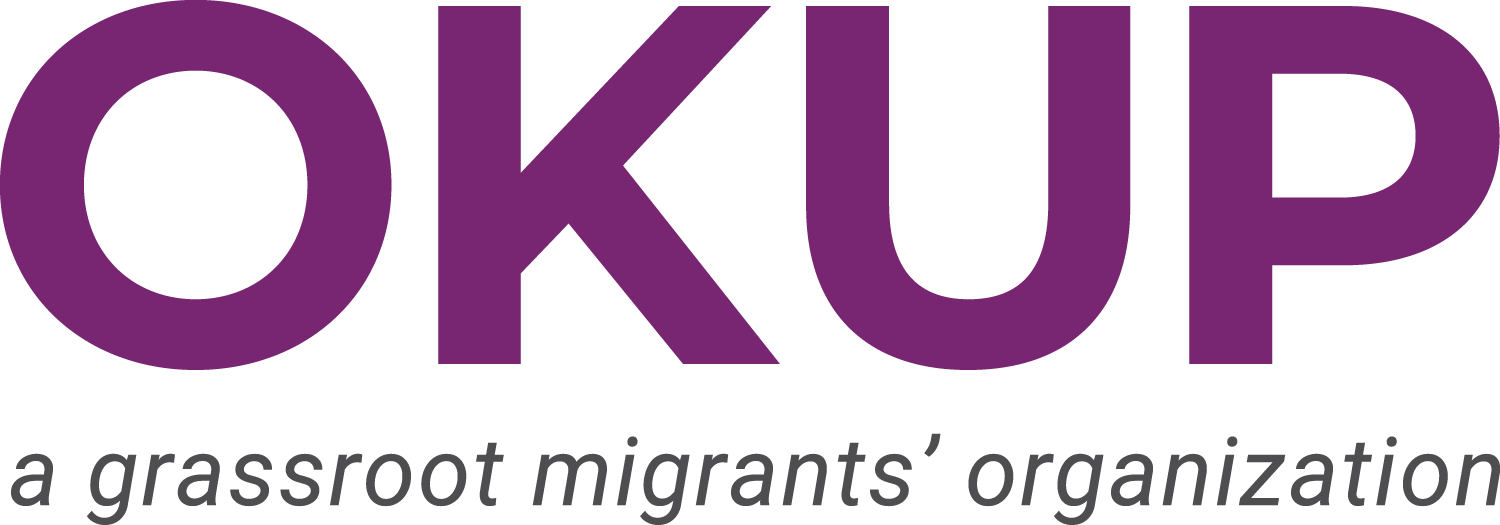This source looks at the link between climate change and debt bondage, explaining how farmers end up in debt bondage.

Cambodia
Agricultural communities in Cambodia are affected by changing rainfall patterns, drought and floods, which hinder production, leading to food and income insecurity.
This forces many workers to migrate in search of work and to take on debt. Smallholder farmers borrow money from brick kiln owners to repay existing debts. They are then forced to move their family to the kiln to work off their debt, in debt bondage in exploitative conditions.
-
-
This source examines the relationship between climate change and debt bondage in Cambodia. It shows how climate change is a key driver of debt bondage at brick kilns. Climate change makes it increasingly difficult for rural communities to farm, putting pressure on them to take on unsustainable debt. They then resort to borrowing from and working for brick kiln owners, trapping them in debt bondage. The document highlights how debt bondage in brick kilns has ties to the construction industry (in supplying its raw materials) and the global fashion industry (given that garment offcuts are burned to power brick kilns).
View detail about Blood Bricks: Untold Stories of Modern Slavery And Climate Change From Cambodia
-
This document collects evidence on the link between climate change, migration and human trafficking. It notes that increased vulnerability to human trafficking as a result of distress migration in the context of climate change is still not sufficiently acknowledged. This situation contributes to communities remaining vulnerable. Desperation pushes some families and individuals to facilitate human traffickers' work to earn an income. Extractive businesses also play a role in worsening vulnerability to modern slavery. Evidence on the exposure of men and boys to human trafficking is lacking compared to that on women, and more research is needed on this overarching topic.
View detail about The Climate Change-Human Trafficking Nexus (Cambodia)
-
This source focuses on the links between modern slavery and environmental change in fisheries, fields, forests and factories specifically. The authors recognise the role of capitalism in fuelling environmental degradation, climate change and exploitative business practices (e.g. logging/deforestation or brick kilns), which exacerbate modern slavery. They advocate for a more interconnected analysis of the issues to further our understanding of the links between environmental change and modern slavery.


